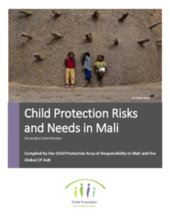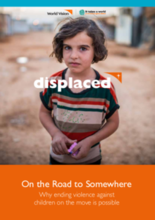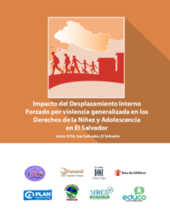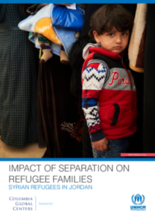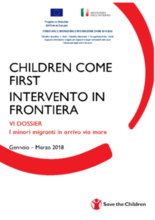Displaying 261 - 270 of 530
This review of secondary sources refers to information on child protection risks and violence against children in Mali, collected from 2016 to 2018.
The Alliance for Child Protection in Humanitarian Action and Better Care Network are calling for the prompt reunification of separated children with their families and to provide interim care in accordance with the UN Guidelines for Alternative Care of Children.
Este Seminario en línea ayuda a proveedores, cuidadores primarios y otros involucrados en el cuidado de los niños inmigrantes, a reconocer los efectos de la separación traumática en estos niños a diferentes edades.
The aim of this study was to summarise the current evidence regarding gender differences in the mental health of unaccompanied refugee minors (URM) and to identify gaps in research.
With a focus on the situation in Lebanon, Turkey, Jordan, and Greece, this report aims to provide a better understanding of the gendered impact of the refugee crisis on unaccompanied adolescent boys, aged 13 to 17, and men, single or living separately from their families; and to highlight actual and potential gaps in the humanitarian response.
The aim of this report is to contribute to finding solutions to ending violence against children on the move.
This article aims to explore the experiences of Ethiopian unaccompanied and separated migrant children in Yemen.
El objetivo de este estudio es visibilizar la problemática de la niñez y adolescencia víctima de violencia generalizada en condición de desplazamiento interno en El Salvador.
This study outlines several ways in which family separation negatively impacts Syrian refugees in Jordan.
As part of the "Children Come First: Intervention at the border" project, Save the Children Italy elaborates and disseminates, on a quarterly basis, a dossier containing quantitative and qualitative information (profiles) relating to migrant minors entering Italy. This dossier contains information relating to the first quarter of 2018.

